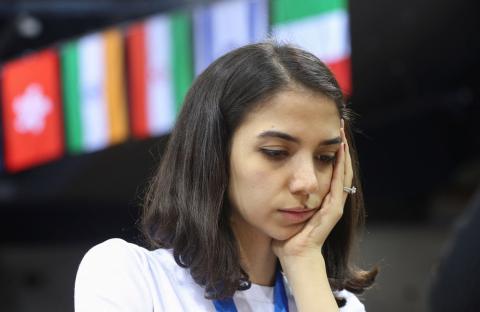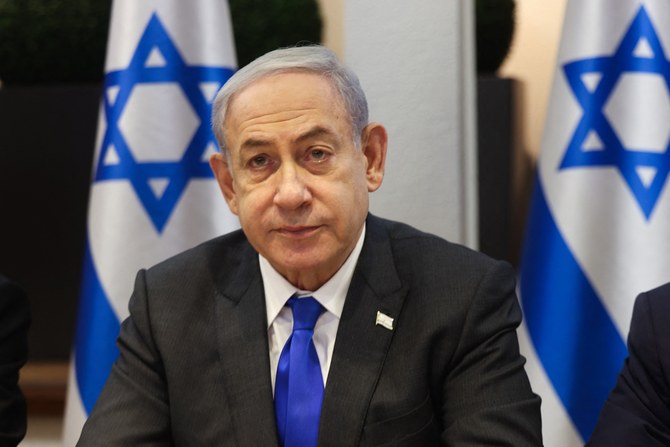
TEHRAN — A large crowd at Tehran airport greeted an Iranian sport climber who competed without a headscarf at a competition in South Korea, calling her a “heroine”.
Elnaz Rekabi, 33, broke Iran’s strict dress code — but later said her hijab had fallen off “inadvertently”.
Many are skeptical about the reason she gave in an Instagram post and repeated in a state TV interview at the airport, believing it was made under duress.
Iran is gripped by protests against the hijab laws and its clerical leaders.
Iranian women are required to cover their hair with a headscarf and their arms and legs with loose clothing.
Female athletes must also abide by the rules when they are officially representing Iran in competitions abroad.
Rekabi flew in from South Korea before dawn on Wednesday, where she had been competing at the IFSC Asian Championships.
Her family met her at the airport, where she was hugged and handed several bunches of flowers. She covered her hair with a black baseball cap and hoodie.
Videos on social media show hundreds of supporters outside the terminal clapping and chanting “Elnaz is a heroine” as she arrived.
State media later broadcast an interview with Rekabi, in which she repeated the explanation she had given in an Instagram post for climbing with her hair uncovered.
“I was suddenly and unexpectedly called on to compete while I was at the women’s locker room,” she said.
“I was busy wearing my shoes and fixing my equipment and forgot to wear my hijab, which I should have worn.”
Rekabi said there had been “some extreme reactions” to the video of her appearance sporting a ponytail, and that she was “feeling stressed and tense”.
“Thank goodness, I’ve returned to Iran in good health and safe. And I apologize to the Iranian people for the confusion and concerns.”
She also denied reports that she had been out of contact with her family and friends, and that she had left South Korea earlier than scheduled.
“That didn’t happen. We’ve returned to Iran exactly as planned,” she stated.
After similar comments were posted on Rekabi’s Instagram account on Tuesday afternoon, BBC Persian’s Rana Rahimpour said that to many people the language used looked like it had been written under duress.
Other Iranian sportswomen who have competed abroad without wearing a headscarf in the past have said they came under pressure from Iranian authorities to issue similar apologies, she added. Some of them decided not to go back to Iran.
Many former detainees have also said that they were forced by security forces to make false “confessions” that were aired by Iranian state TV.
Rekabi was hailed as a new symbol of the anti-government protests led by women in Iran after video of her sporting a ponytail at the Asian Championships on Sunday went viral.
The protests were sparked by the death in custody of Mahsa Amini, a 22-year-old woman arrested by morality police in Tehran on Sept. 13 for allegedly wearing her headscarf too loosely.
The police denied reports that she was beaten on the head with a baton and said she suffered a heart attack.
On Monday, a source told BBC Persian that Rekabi’s family and friends had lost contact with her after she said she was with an Iranian official.
There were also reports that her passport and mobile phone had been confiscated, and that she had left her hotel in Seoul two days early.
The Iranian embassy strongly denied what it called “all fake news, lies and false information” about her, and said Rekabi had left Seoul after the Asian Championships ended.
The International Federation of Sport Climbing (IFSC) said it had been in contact with her and the Iranian Climbing Federation, and that it was “trying to establish the facts”.
“It is important to stress that athletes’ safety is paramount for us and we support any efforts to keep a valued member of our community safe in this situation,” it added.
“The IFSC fully support the rights of athletes, their choices, and expression of free speech.” — BBC












